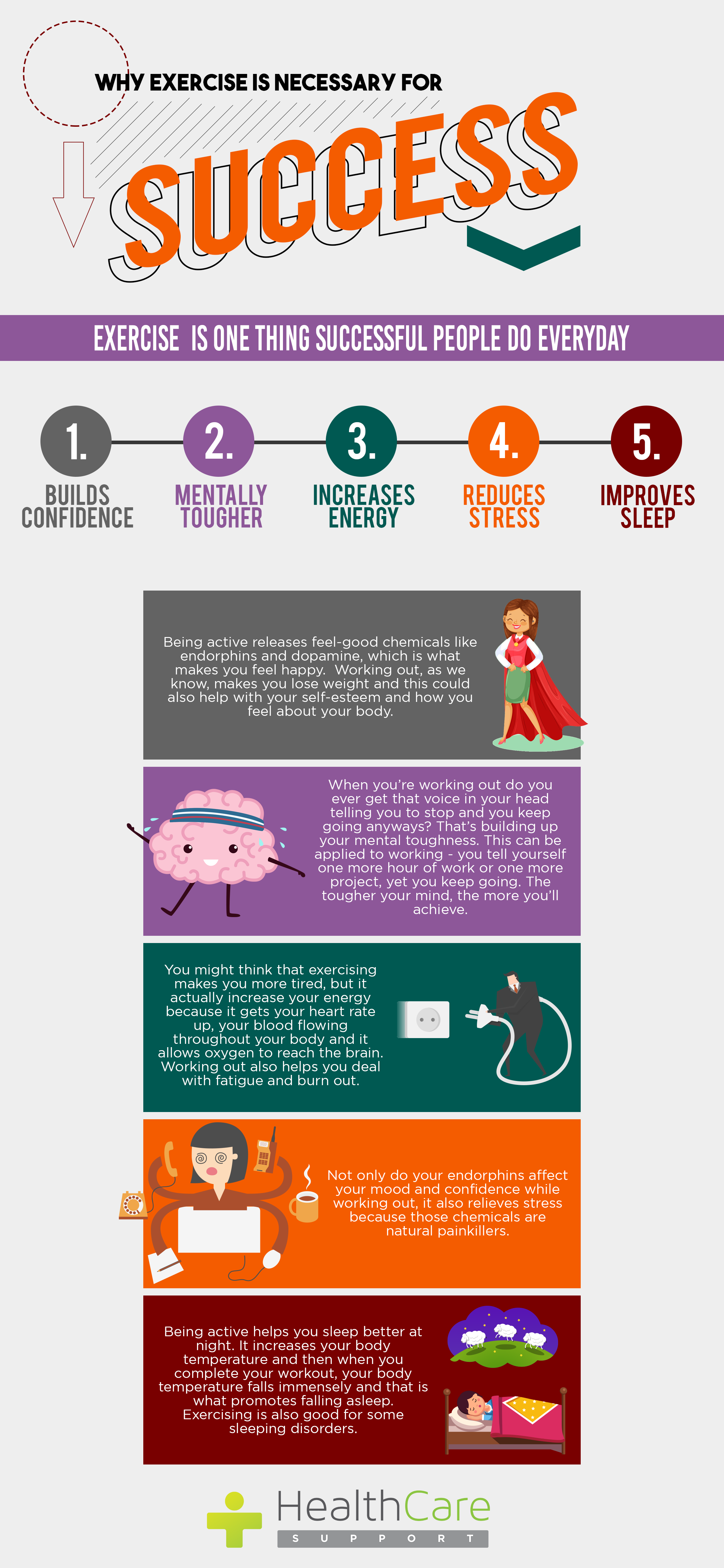Despite how much effort modern nursing programs put into their curriculum, switching from student to working professional can throw any graduate a few curveballs. If you’re eager to get started on your clinical career as a registered nurse, here are eight survival tips to help you land swiftly on your feet.
Ask Questions
Even if you graduated at the top of your class, there’s still much more to learn on the job. And because there’s no guesswork in nursing, you should never be afraid to ask questions. Asking questions helps you to avoid mistakes, learn with little to no error, and get more comfortable with your professional peers. You can find a go-to mentor for your deeper career questions, and turn to coworkers for everyday inquiries.
Improve Your Diet
Stay sharp with the right foods. Yes, candy bars and other processed foods are easily accessible and often more tempting during overtime hours. However, eating the wrong food can be just as bad as eating no food at all. Whether you have to take bites between tasks or bring healthy, on-the-go snacks that you can stash in your scrubs, remember that quality matters just as much as quantity.
Be Honest
As a nurse, you should try to only guarantee what you can to your patients. For example, instead of saying that you’ll return to check on a patient in five minutes, comfort a patient by letting him or her know that you’ll be back as soon as possible. Even if you have the intention of returning in five minutes, as promised, there are countless incidents that could pop up and prevent you from keeping your word.
Get More Hours
A lack of rest can hinder productivity, impair focus, and increase the likelihood of making a mistake. Therefore, both new and veteran nurses can benefit from getting adequate sleep. Because, even if you focus on a high-quality diet, your mind can’t function at full capacity without resting for a full seven to nine hours.
Arrive on Time
Tardiness is totally unacceptable in healthcare. With so many patients in need of critical care, every minute matters to both your patients and your peers. And, because every other RN is also focusing on their health, wellness, and productivity, your tardiness can put some wear and tear on their job satisfaction and team contribution.
Take Notes
If you’re making an important phone call to a doctor or other staff member, don’t try to remember all the details on your own—that includes the key points you may need to bring up or the essential information you may need to receive. Whenever you’re making or taking a call, try to have a writing utensil and pad so you can take notes or prewrite important points that you need to discuss.
Invest in Footwear
As a nurse, you’ll be on your feet more than not, which means it’s essential to invest in the right footwear. The wrong footwear won’t just hurt your feet; lower back pain, knee pain, and even shoulder pain can all stem from the wrong shoes. If you’re able to, invest in a durable pair of shoes with serious support and a great fit. Or, consider purchasing orthopedic inserts and compression socks that can improve the function and feel of your current pair.
Know Yourself
The best way to survive a career in nursing is to find the facility that fits. For example, if you thrive in a fast-paced environment with a lot of variety, a hospital can provide you with constant engagement. However, if you prefer a lower patient load and more structure in each shift, you might enjoy working in a smaller healthcare setting, like a clinic or doctor’s office.
Find the Right Recruiter
To find your healthcare match based on lifestyle, personality, location, and company culture, partner with the healthcare recruiters at HealthCare Support. Our team of career professionals will evaluate your personal and professional preferences to match you with fitting positions. To join our talent network and have instant access to relevant job openings, interview preparation, and resume building tips, call us today at 407-478-0332.





